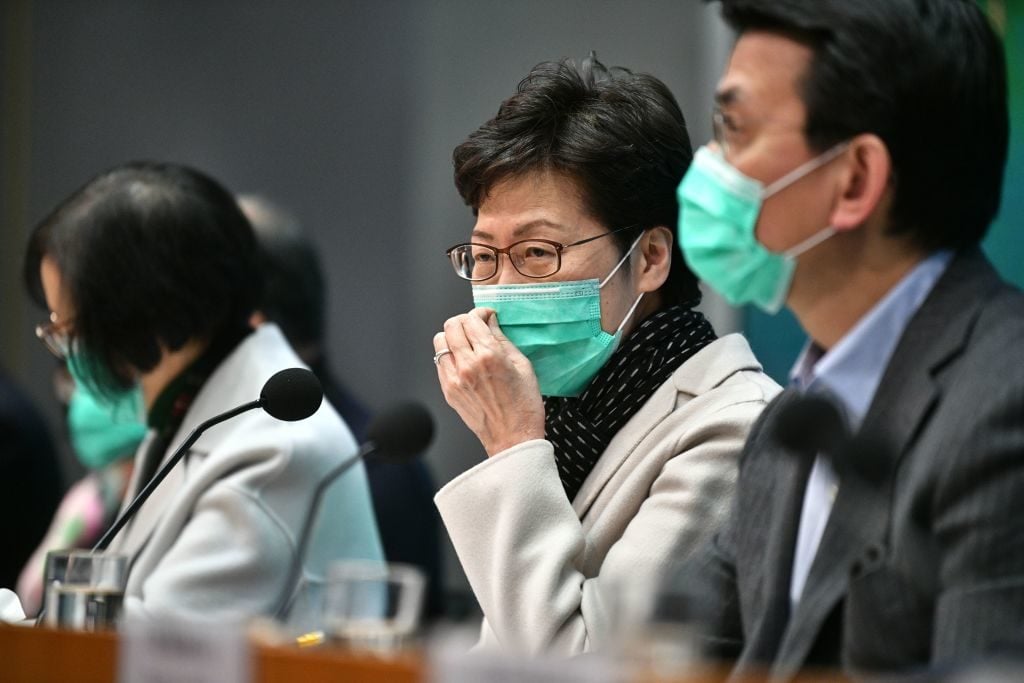Art World
Hong Kong Quickly Shutters Its Museums and Public Spaces to Stop the Spread of the Deadly Coronavirus
The pandemic casts a further shadow over Art Basel Hong Kong, which was already facing a slew of problems.

The pandemic casts a further shadow over Art Basel Hong Kong, which was already facing a slew of problems.

Taylor Dafoe

Museums and other public institutions across China closed last week in a country-wide effort to stop the transmission of the deadly coronavirus, which was first identified in the city of Wuhan in December.
Now, Hong Kong’s institutions are following suit.
City officials announced that, starting tomorrow, museums, stadiums, and other public gathering places in the city will be closed indefinitely as the region tries to stem the spread of the disease.
Today, Hong Kong chief executive Carrie Lam also declared that travel to and from China would be reduced significantly. Rail services have been suspended, and flights services have been cut in half. A tourist visa ban will also affect many travelers.
There are currently eight known cases of the coronavirus in Hong Kong, with six of those infected coming over from the mainland via a new high-speed rail line. In China, the problem is much worse, with 2,800 confirmed cases and at least 100 deaths. Germany, Japan, the US, and other countries around the world have all reported cases of the disease.
The US has also issued a level-four travel advisory for China—the highest such warning—urging citizens to avoid all non-essential trips. Other countries, such as Turkey and Ukraine, have issued similar warnings.
The spreading pandemic casts a further shadow over Art Basel Hong Kong, which relies heavily on international travelers.
“Art Basel is taking the recent outbreak and spread of the new coronavirus extremely seriously,” fair organizers said in a statement issued to Artnet News. “We are closely monitoring the developments and recommendations issued by the World Health Organization and national governments, as well as consulting directly with relevant experts. We will provide updates on the implications for our Hong Kong show as soon as possible.”
Preparations for this year’s fair, which is scheduled to take place from March 19 to 21, have already been tested as ongoing pro-democracy protests in Hong Kong stoked speculation that galleries would drop out.
So far, only a handful of galleries have withdrawn from the event, and fair organizers have offered discounts to the remaining participants. But just last week, a group of international dealers sent a blistering letter to the fair’s top brass demanding further concessions.
On January 23, just before China’s New Year celebrations, the country’s biggest institutions and destinations announced their indefinite closure. Venues like the National Art Museum of China and the Guangdong Art Museum closed their doors to the public the next day, while the National Museum of China and the Great Wall shut down on January 25. Private museums have similarly suspended opening hours.
China’s New Year holiday, originally scheduled to end on February 1, has been extended to February 9 for businesses, while schools will remain closed until February 17.
Over 57 million people across 15 cities in the country have been placed under full or partial lockdown.